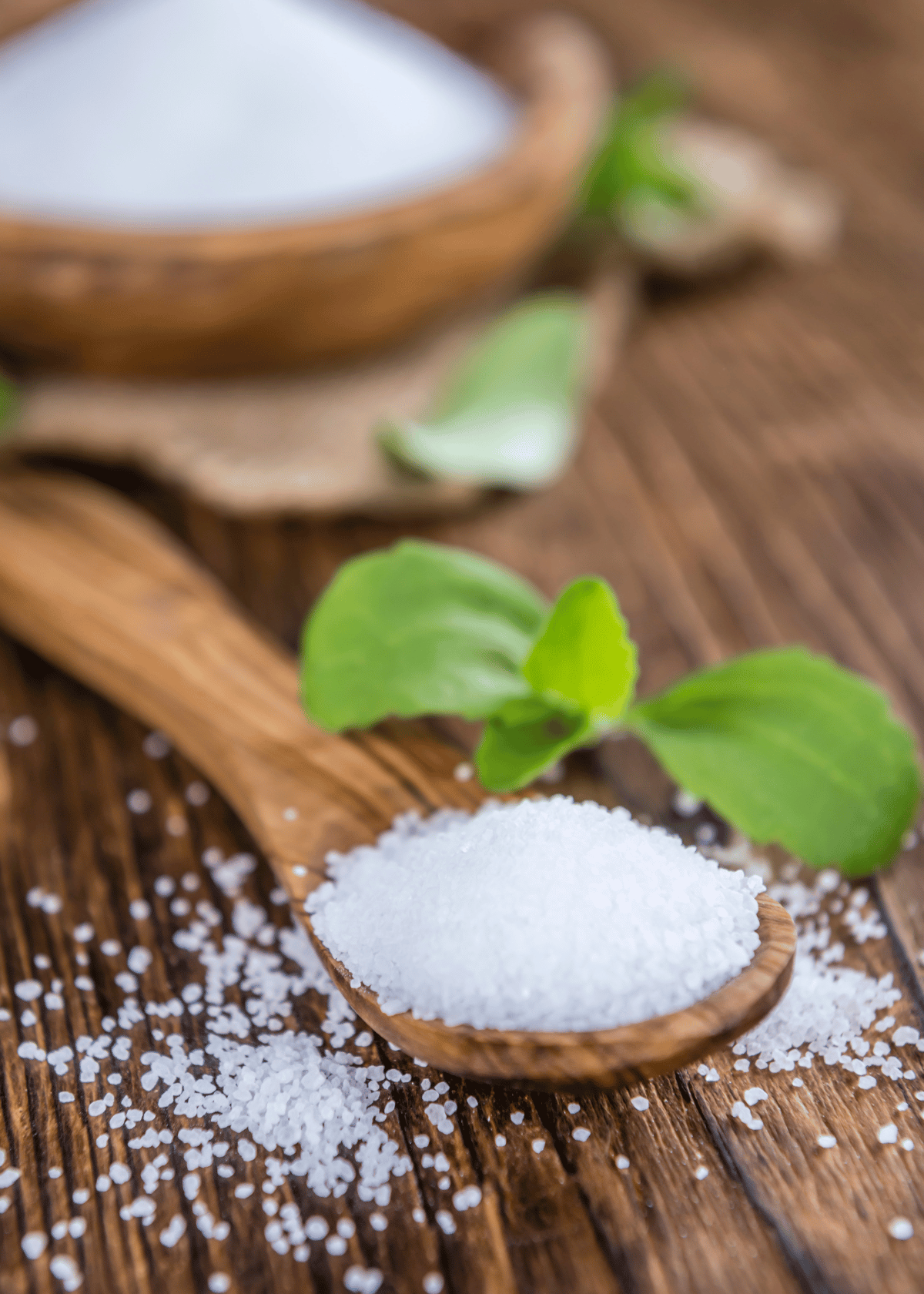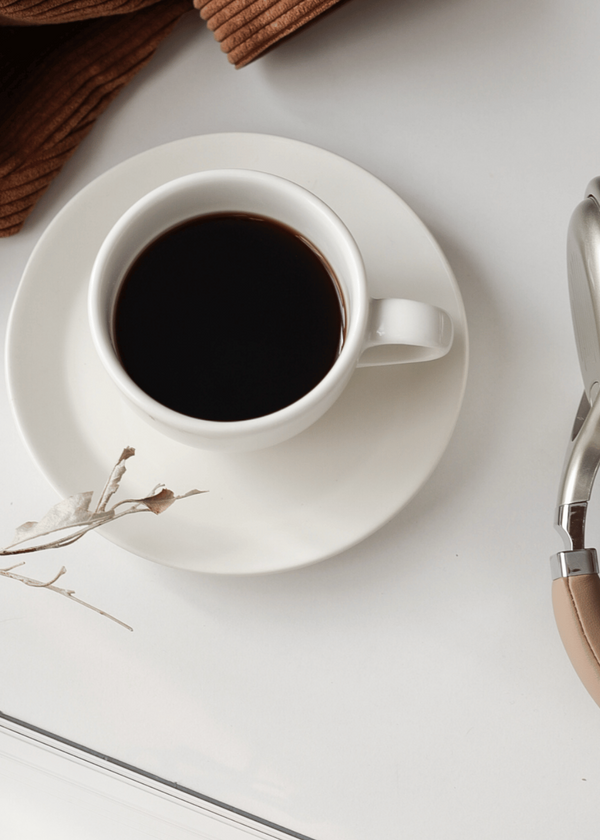Intermittent fasting is an increasingly popular dieting technique which involves eating during a specific window throughout the day, and then abstaining from food for the rest of the day. Many people wonder if they can drink coffee while fasting without breaking their fast. The answer is yes, you can—especially if it’s in the form of bulletproof coffee. But what is bulletproof coffee, and how does it help with weight loss? Let’s take a look.
How Does Ketosis Work with Bulletproof Coffee and How Does it Complement intermittent fasting?
Ketosis is a metabolic state that occurs when your body does not have enough glucose for energy, so it begins to burn body fat instead. Bulletproof coffee and intermittent fasting are popular tactics to induce ketosis in the body, which can lead to various health benefits over time.
Bulletproof Coffee (BPC) is a drink created by Dave Asprey, who combined butter or ghee with brewed coffee into a frothy mixture that provides quality fats, which help provide steady energy throughout the day. The combination of BPC and intermittent fasting helps achieve ketosis quicker because you’re cutting out carbohydrates from your diet on a regular basis.
By reducing carbs, your body will switch its primary fuel source from blood glucose (which comes from carbs) to fatty acids - this is known as ketosis. When you’re in this state of burning fat for fuel instead of sugar your hunger pangs are satiated more quickly since fats take longer than sugar molecules do to digest; giving you an opportunity to extend the period between meals while still maintaining energy levels throughout the day. Additionally during periods of fasting your insulin levels drop even lower leading you further into ketosis as there are fewer hormones promoting storage rather than burning fat as fuel in these times. With both BPC and IF being used together one experiences faster transitions into higher states of Ketogenesis which ultimately leads them closer towards their desired goals without having any major impacts on their daily lives other than reducing overall carb intake if needed!
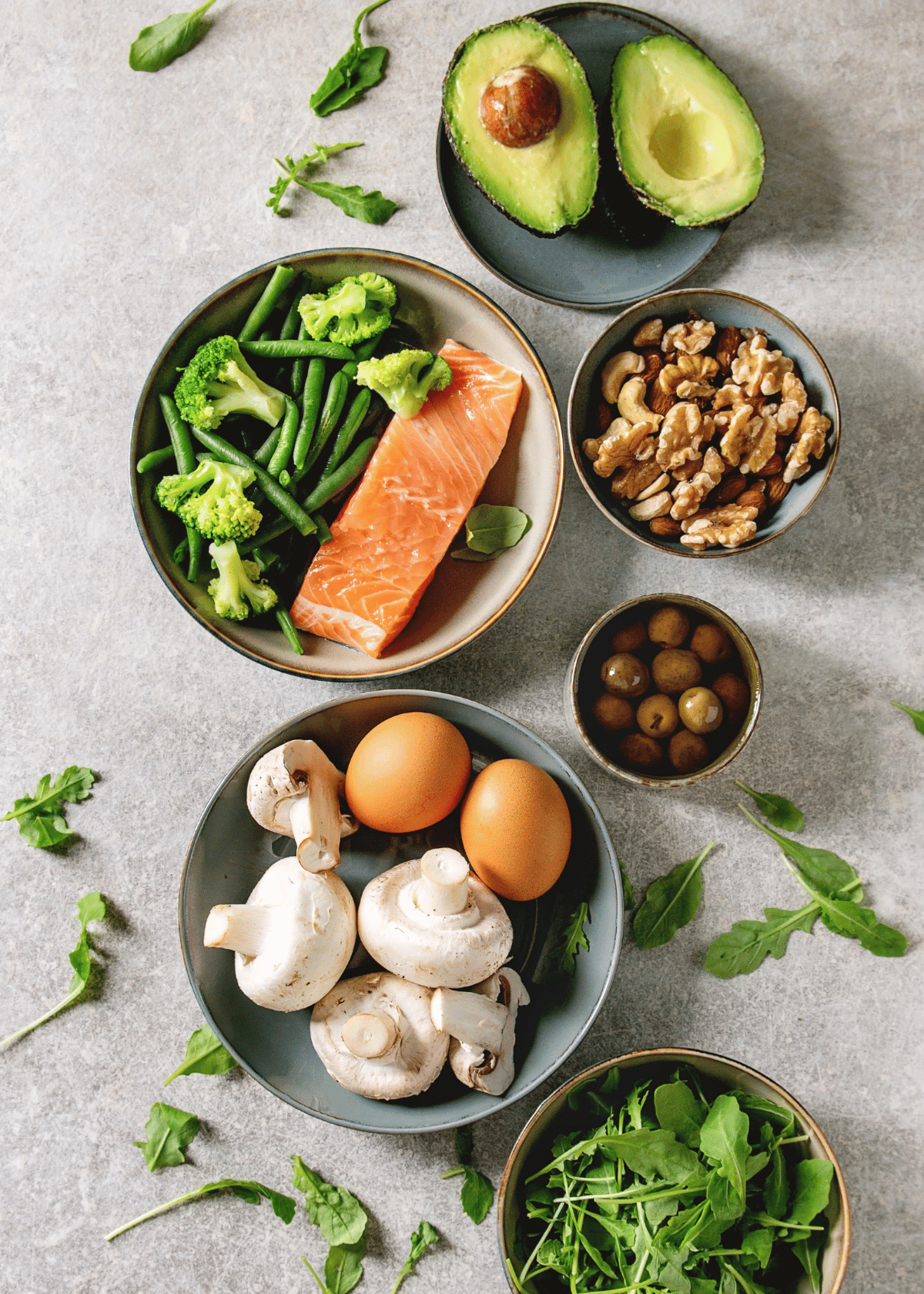
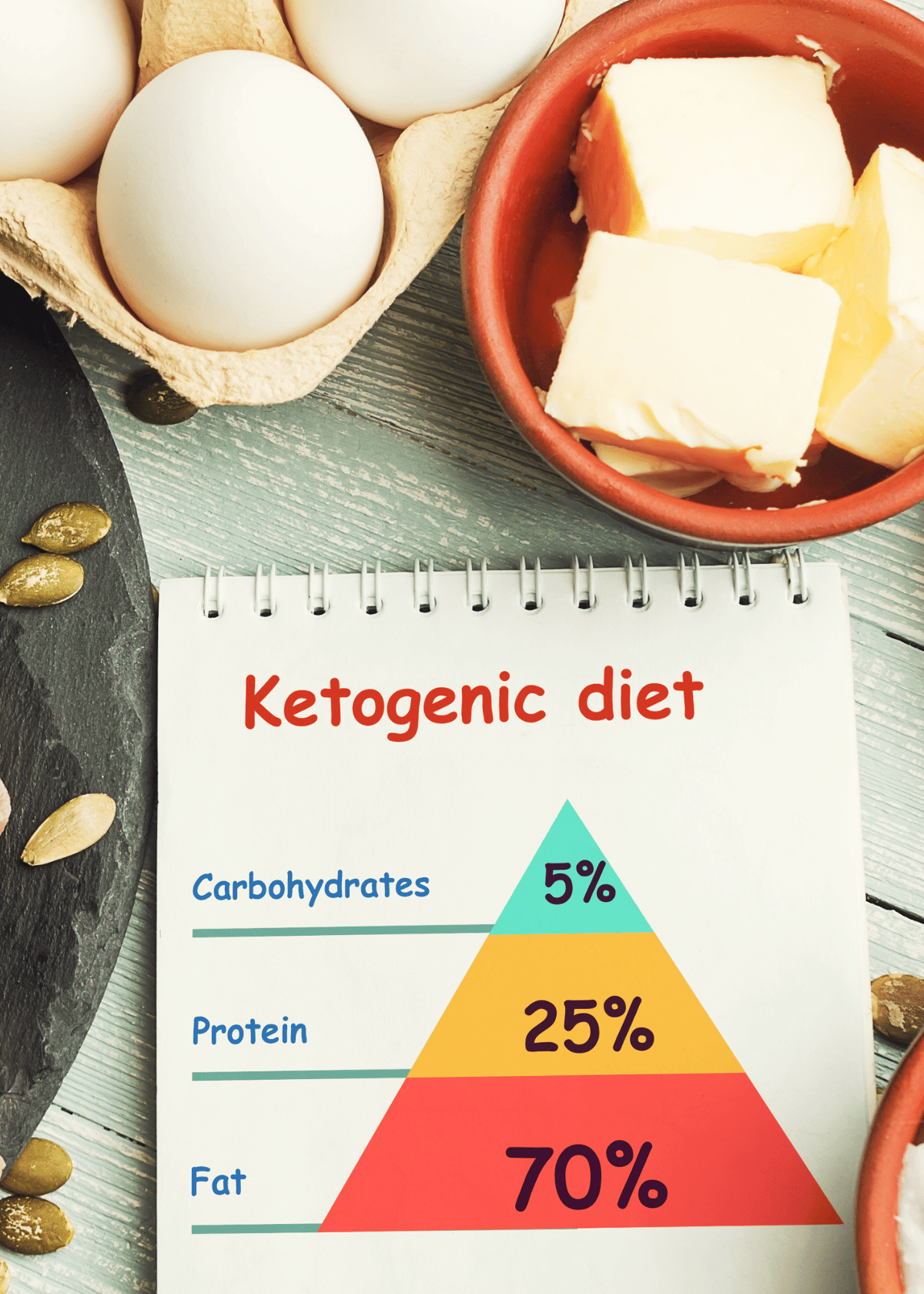
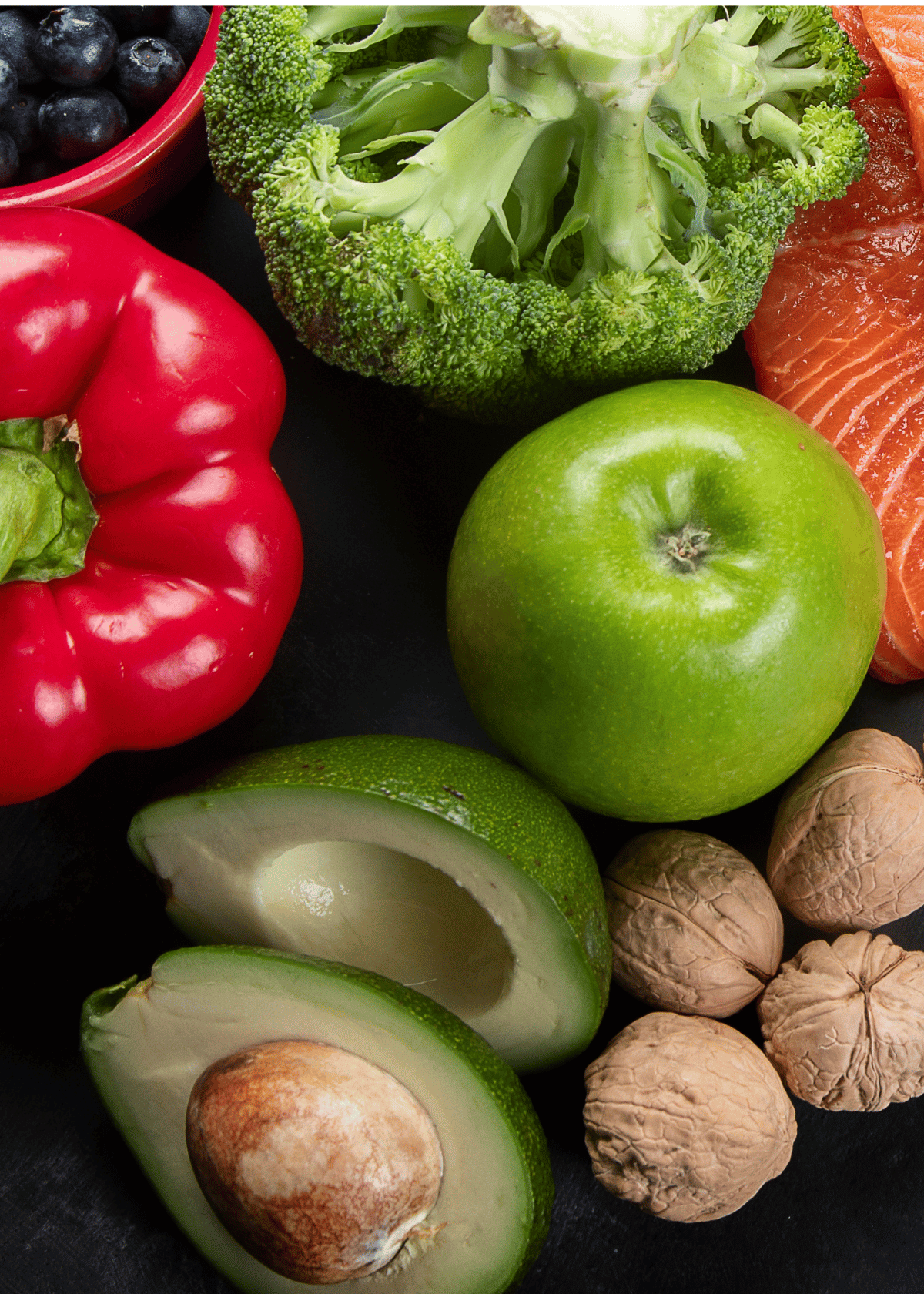
Easy Bulletproof Coffee Recipe
Bulletproof coffee is a popular beverage consisting of coffee, butter, and medium chain triglyceride oil. The recipe for this delicious and potent drink is simple:
- Prepare 12 ounces of freshly brewed coffee using filtered water at the correct temperature and grind size for your favorite brewing method. If you prefer espresso shots, you’ll want two ¾ ounce shots.
- Melt one to two tablespoons of grass-fed butter or ghee into your hot coffee until fully combined. The amount you use will depend on how creamy or strong you want it to be.
- Add one teaspoon of MCT (medium chain triglyceride) oil to your coffee and stir until blended in completely.
Pro tip: consider using light roast coffee as it is less acidic. This maybe more palatable if you're used to using both a creamer and sweetener.

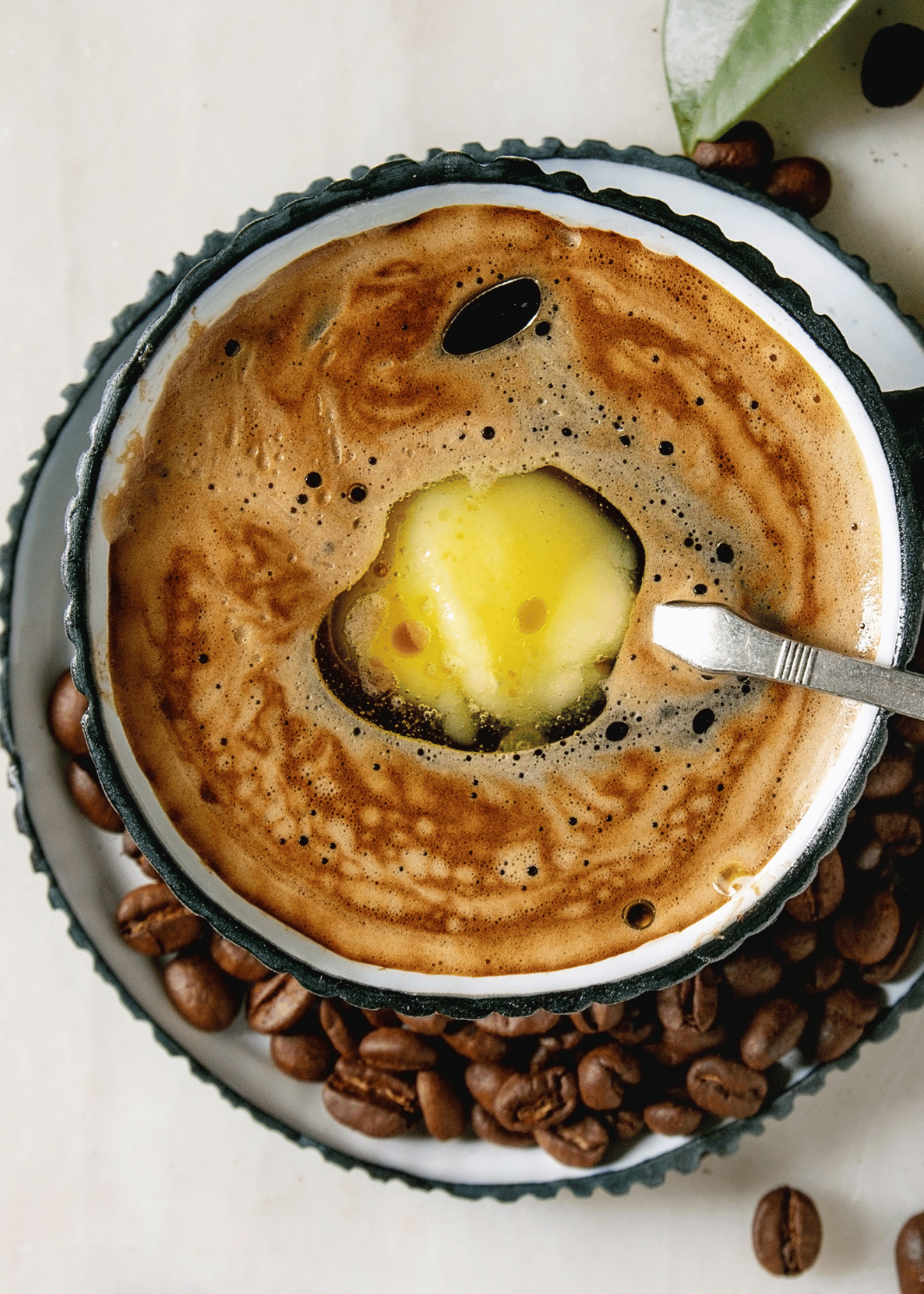
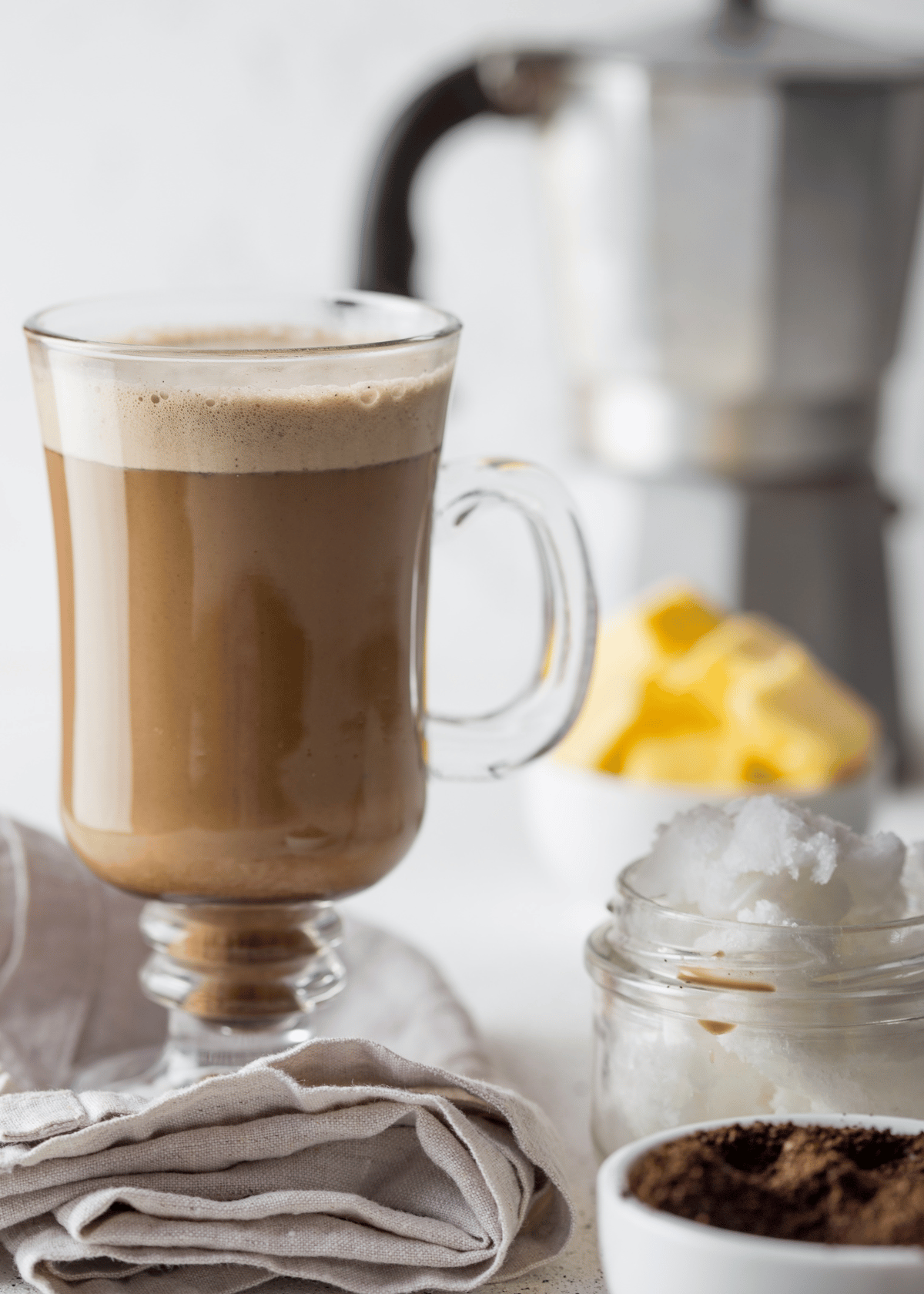
The Benefits Of Consuming Bulletproof Coffee While Fasting
There are many benefits to consuming Bulletproof Coffee while fasting, including improved energy levels, improved brain health and a decrease in hunger cravings. Additionally, since Bulletproof Coffee contains fats such as unsalted butter and coconut oil or MCT oil, it can help to keep you feeling full for longer periods of time—even when you’re not eating solid food! This means that you won’t have to worry about being tempted by unhealthy snacks or cravings during your eating window when you consume Bulletproof Coffee during your fasting period.
The Drawbacks Of Consuming Bulletproof Coffee While Fasting
First and foremost, Bulletproof Coffee is high in fat. Although some people argue that fats do not break a fasted state because they are not processed through insulin like carbohydrates are, consuming such high levels could still cause an increase in oxidative stress and cholesterol levels within your body.
Second, if you're accustomed to drinking coffee black when fasting, you may experience issues such as diarrhea or gas when switching to Bulletproof Coffee due to its creamy consistency and large amounts of added oil and butter content. Not only does this have unfavorable physical effects but mental ones too - it has been known to lead many people towards overeating after breaking their fast due to feeling overly full from consuming fat-rich beverages.
Finally, even without considering dietary restrictions or health risks associated with Bulletproof Coffee, there is another factor which should be taken into account: caffeine dependency. Caffeine can disrupt natural sleep cycles when consumed too late in the day; it's advised that those who drink caffeine during fasting shouldn't have more than one cup per day early afternoon at latest otherwise this could lead further sleep disturbances including insomnia which might impact overall wellbeing negatively over time.
Bottom Line: Does Bulletproof Coffee Break A Fast?
Consuming bulletproof coffee while fasting is totally possible. This blend of black coffee combined with healthy fats like grass-fed butter and coconut oil or MCT oil can help improve your energy levels and cognitive performance while also suppressing hunger cravings so that you don't break your fast unnecessarily. Additionally, because the ingredients used in this beverage are all natural, they don't contain any artificial flavors or sweeteners—which makes them a much healthier alternative to many other caffeinated drinks on the market today.
Whilst butter coffee can provide a great source of energy and mental focus during intermittent fasting, it's important to also be mindful of its potential drawbacks. Although consuming butter and/or coconut oil in coffee is growing as a popular trend, consuming these in large amounts and with little regard for any other sources of dietary fat can leave you feeling nauseous, with stomach pains and cramps being a common side effect. If you begin to experience any of the adverse symptoms associated with the consumption of butter coffee, it's important to consult your doctor or healthcare professional for further advice.
Related Pages:



